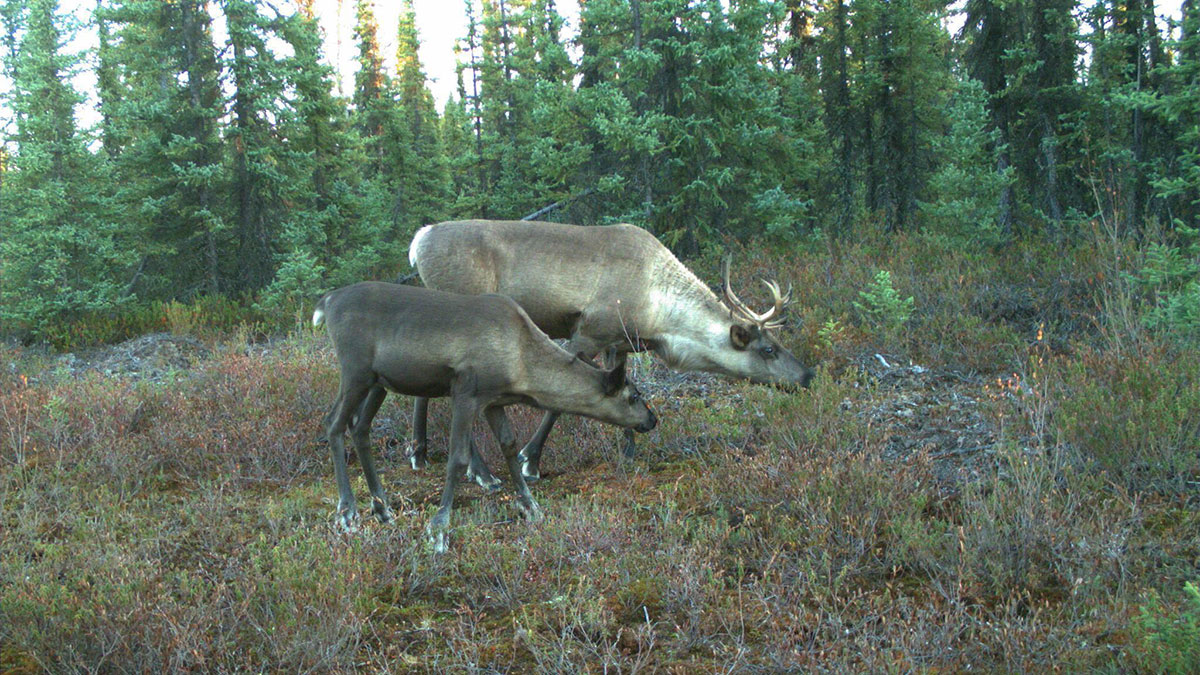 Supplied
SuppliedGrowing up in Iqaluit, Nunavut, Conor Mallory’s connection to the north began in his youth. Now as a PhD student at the University of Alberta, Mallory has found that climate change is shaping the northern landscape, leading to uncertain but widespread effects on caribou populations.
Mallory said his research will help determine the success of the caribou during the upcoming years, while also helping to figure out how people who rely on caribou will be affected.
“Here in Alberta people are worried about industry and human disturbance on caribou habitat,” he said.” In northern regions, people are worried about how climate change has affected the woodland caribou in some areas.”
Though Mallory acknowledges that some caribou herds are doing quite well, others such as the Bathurst herd are not, with their numbers falling from the 100,000’s to 20,000’s since the 1990s. Changing temperature causes rivers to melt, forcing the caribou to switch migration routes. The higher temperatures also create early season plant growth which forces the mammals to migrate sooner. Finally, Mallory said higher temperatures lead to more wildfires that burn up the lichen — the caribou’s main food source.
“I’m interested in how caribou change their migration due to conditions in order to maintain the weight conditions they’re used to along the migratory paths,” Mallory said. “But one of the really interesting things I find about caribou is they can live in a diverse habitat.”
Although caribou inhabit many different landscapes, one of the greatest effects of increased global temperatures for all caribou is insect harassment, especially by the warble fly, who lay their eggs under the caribou’s skin.
“As temperatures warm the period of the insects out harassing caribou will increase,” Mallory said. “You may see increased plant growth, but with increased insect harassment the caribou have a hard time taking advantage.”
When it comes to climate change, the speed of caribou’s adaptability is vital to the entire ecosystem. Caribou are one of the most abundant terrestrial herbivores and serve as prey for wolves and grizzly bears. The caribou are also a spiritually and economically important for many people living in northern climates.
“There is research into how the caribou will respond to climate change and different types of disturbances,” Mallory said. “It is really important because it helps us understand how the ecosystem will respond and the potential socioeconomic impact of changing caribou populations.”




